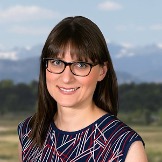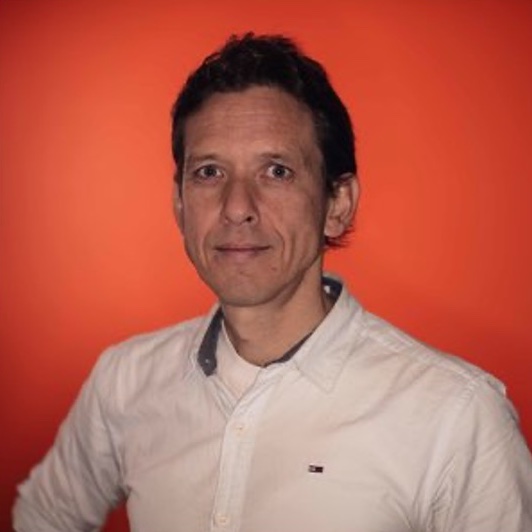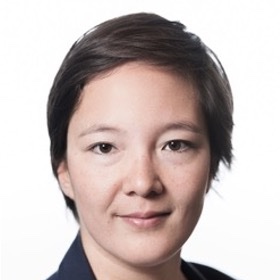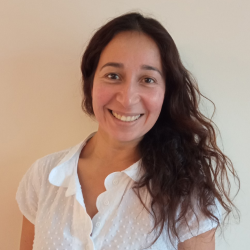The Netherlands (TUDCI)
HERMAN RUSSCHENBERG, PIER SIEBESMA, FRANZISKA GLASSMEIER, STEPHAN DE ROODE, ISABELLE STEINKE, AND TEAM.
Problem: climate change is severe, and our mitigation policies might not be (and likely are not) enough to stay below 2 C of warming.
Potential solution: we must develop other options as well – not as a solution, but as an intermediary cooling method in case we need it. We need to develop more tools for our toolbox.
Vision: TUDCI is working closely with the CCR on MCB. Outstanding questions include: is there full evidence to suggest that MCB works (including modelling, observations of natural analogues, field trials)? Do we have a good understanding of the regional differences which might arise in aspects such as rainfall? The distribution curves generated by the Cambridge droplet generators will help us finetune our models and field trials.
You can read more about CCR, who we are and our research here.








 Refreezing the Arctic, were it possible, would be a huge defence against the global catastrophes currently threatened by continued global warming
Refreezing the Arctic, were it possible, would be a huge defence against the global catastrophes currently threatened by continued global warming